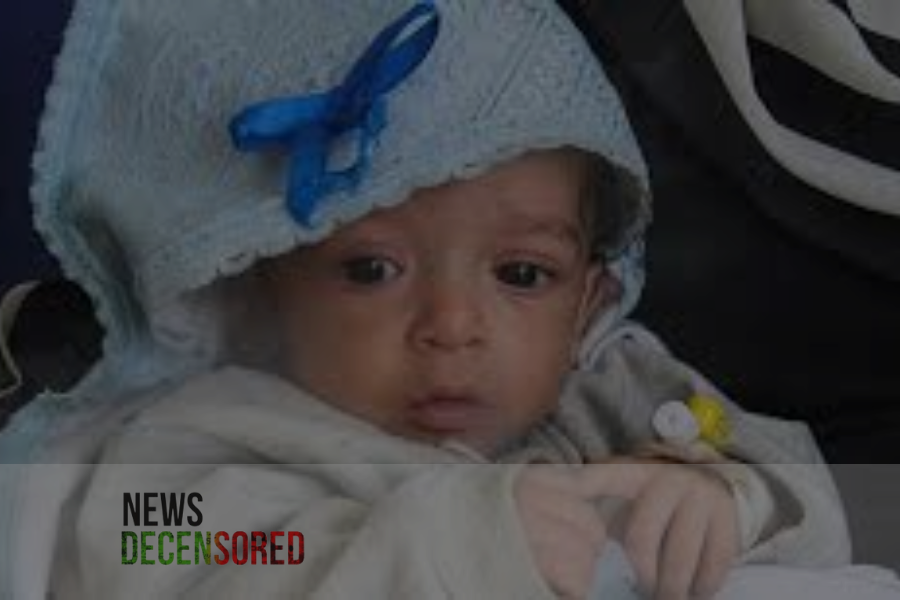UN experts condemned the continuing humanitarian catastrophe in Gaza, citing a sudden and dramatic increase in child mortality rates as a result of what they called a “targeted starvation campaign” by Israel. It is a crisis brought about by the combination of a blockade-induced food shortage with direct attacks on Gaza’s food production infrastructure that is greatly worsening malnutrition and hunger throughout the population.
Before the hostilities accelerated in October, Gaza had adequate food and humanitarian aid that significantly off-set food insecurity. The blockade and conflicts saw a disruption of these supplies, culminating in dire shortages. On its part, the World Health Organization reports that the prevalence of acute malnutrition among children below the age of five years has risen from 0.8 percent to between 12.4 percent and 16.5 percent in northern Gaza.
The condition has deteriorated so much that the majority of the children survive on less than 245 calories a day, which is less than the minimum quantity. A considerable percentage of the children at the age of 6-23 months and pregnant women who are breastfeeding suffer from acute food insecurity, whereby they often intake two or fewer food groups daily. It is the result of such a massive nutritional deficiency that has resulted in an increased risk of diseases and long-term developmental problems.
According to the UN Office for Coordination of Humanitarian Affairs, OCHA, Gaza’s healthcare system is close to collapsing, since only 10 out of the 36 hospitals are still able to function. This breakdown contributes to the crisis, a reason which has made it hard to get enough treatment for malnourished children and other vulnerable groups. The shortages of fuel have paralyzed hospitals, bringing tragic results, such as the death of newborns relying on ventilators that stopped working due to power outages.
International organizations, including the IRC and Medical Aid for Palestinians, have called for immediate international intervention, saying that there is an urgent requirement to scale up aid, particularly on the basis of an urgent call for a ceasefire to prevent further starvation and loss of life. At the moment, catastrophic levels of hunger affect more than 576,000 people in Gaza alone. It is projected that 58,000 more deaths could happen from starvation and other related infectious diseases in the next half a year if nothing is done.
The humanitarian situation in Gaza is a disaster and continues to deteriorate and due to this children are suffering from starvation and malnutrition due to the continuous blockade and military actions. This requires immediate international action to address such a crisis and further avoid loss of life with Gaza’s most vulnerable populations.















